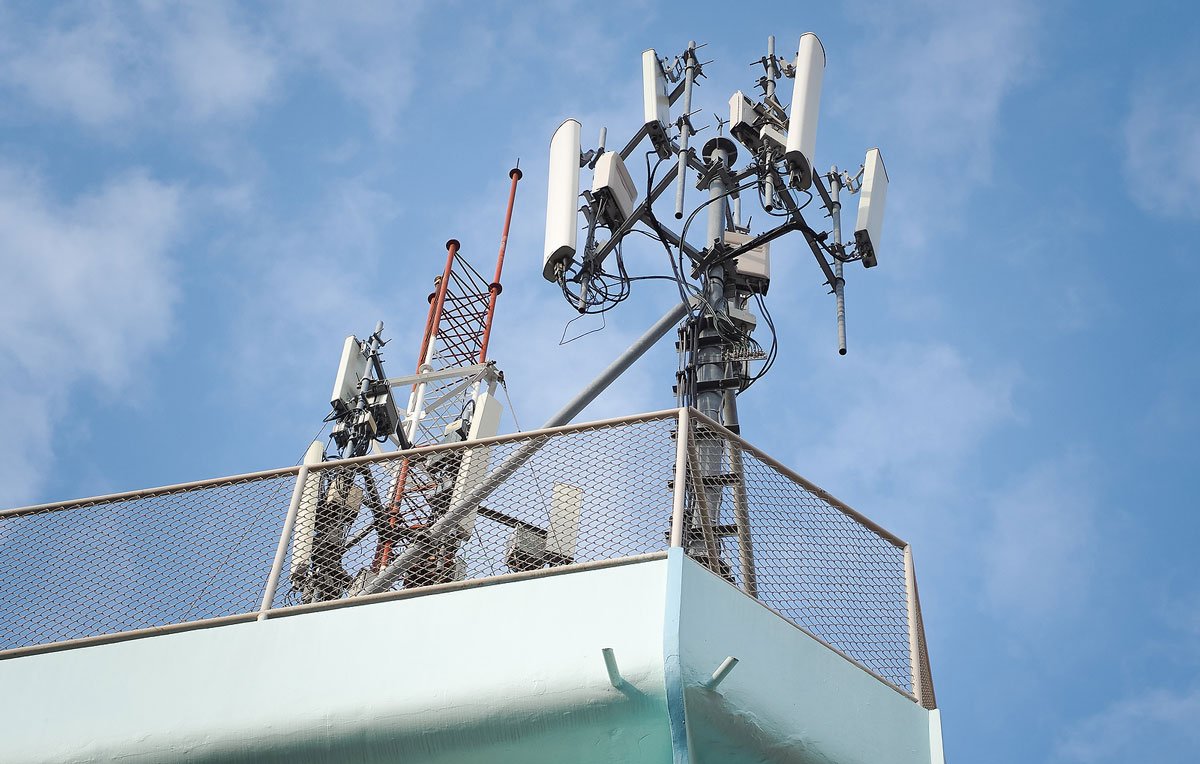REGION — During the COVID-19 pandemic, access to fast and reliable broadband internet became an absolute necessity. But for many in low-income households, it is still difficult to find access to reliable internet.
Currently under consideration in Sacramento is Senate Bill 556, known as the California Connectivity Act, a bill written by Sen. Bill Dodd (D-Napa) that claims to bridge the digital divide by improving connectivity for low-income and underserved communities.
In a survey completed by USC and the California Emerging Technology Fund, it was found that while the state has surpassed the 90% mark in terms of internet connectivity, 16% of Californians remain unconnected while 10% rely on data connections from their smartphones.
The bill purports to improve access by “removing local discretion to put roadblocks before 5G small cell deployment” on currently existing street lights, traffic signal poles and utility poles by telecommunication companies.
“What we seek to do is to codify the existing federal law into state law and do some things in state law that give cities and counties some leeway in terms of historic preservation areas, or health and safety issues or structural issues,” Dodd told The Coast News.
It remains unclear just how much leeway the cities would have in terms of the placement of 5G units, but the bill essentially aims to cut as much red tape as possible to allow for the rapid expansion of high speed 5G networks in the state.
“There’s just been a whole lot of problems throughout the state gaining the type of connectivity we need to have in a 21st-century economy,” Dodd said. “And we saw this with telehealth, distance learning in schools where many people would leave their homes and wait outside of libraries with their kids so they can do distance learning.”
Opponents of the bill, such as Marlene Hurd, a commissioner for the Alameda County Consumer Affairs Commission, say rapidly expanding the 5G network with little to no input from local communities may not be the most prudent course.
“Not only would this happen without proper deference to the future technological realities of information and communications systems, but the current bills also lack proper procedures to ensure environmental and consumer protection,” Hurd wrote in an op-ed for The Daily Californian. “Furthermore, the bills are being fast-tracked through the California State Legislature without including the checks and balances needed to serve the public interest.”
When Dodd first introduced the bill, over 100 callers from different cities called into the committee hearing to oppose it. Since then Dodd has worked with the League of California Cities to work on amendments to make it more agreeable to more communities in the state.
One of those amendments, according to Dodd, ensures that the telecom companies make investments in areas that are not generally as profitable for their bottom line.
“Really what we’re looking for at the end of the day is equal access to the internet so we thought those amendments were outstanding,” Dodd said. “The reality is that not everybody is going to be supportive of a bill like this and I’ve acknowledged that.”
Among the cities in the state who have shown their resistance to the bill is Solana Beach. Mayor Lesa Heebner sent a letter to the state Senate Energy, Utilities and Communications Committee in April expressing her opposition.
SB 556 is “another example of Sacramento trying to take local authority from us, not just on housing but now on our light poles,” Heebner told the Del Mar Times.
Critics also argue that this bill “conflicts with the FCC’s regulations, creates ambiguities about local fees for utility attachments, and limits local governments’ ability to regulate access to public rights of way without enabling local governments to effectively enforce consumer protections,” according to the legislative analysis.
Also standing in opposition to the bill are the cities of San Diego, Oceanside, Carlsbad and Encinitas. However, Assemblywoman Tasha Boerner-Horvath (D-Encinitas), who represents a large portion of coastal North County (including Carlsbad, Oceanside and Encinitas) voted in support of the bill in two legislative committees.
The legislation is now headed to the Assembly appropriations committee presided over by Assemblywoman Lorena Gonzalez (D-San Diego).







